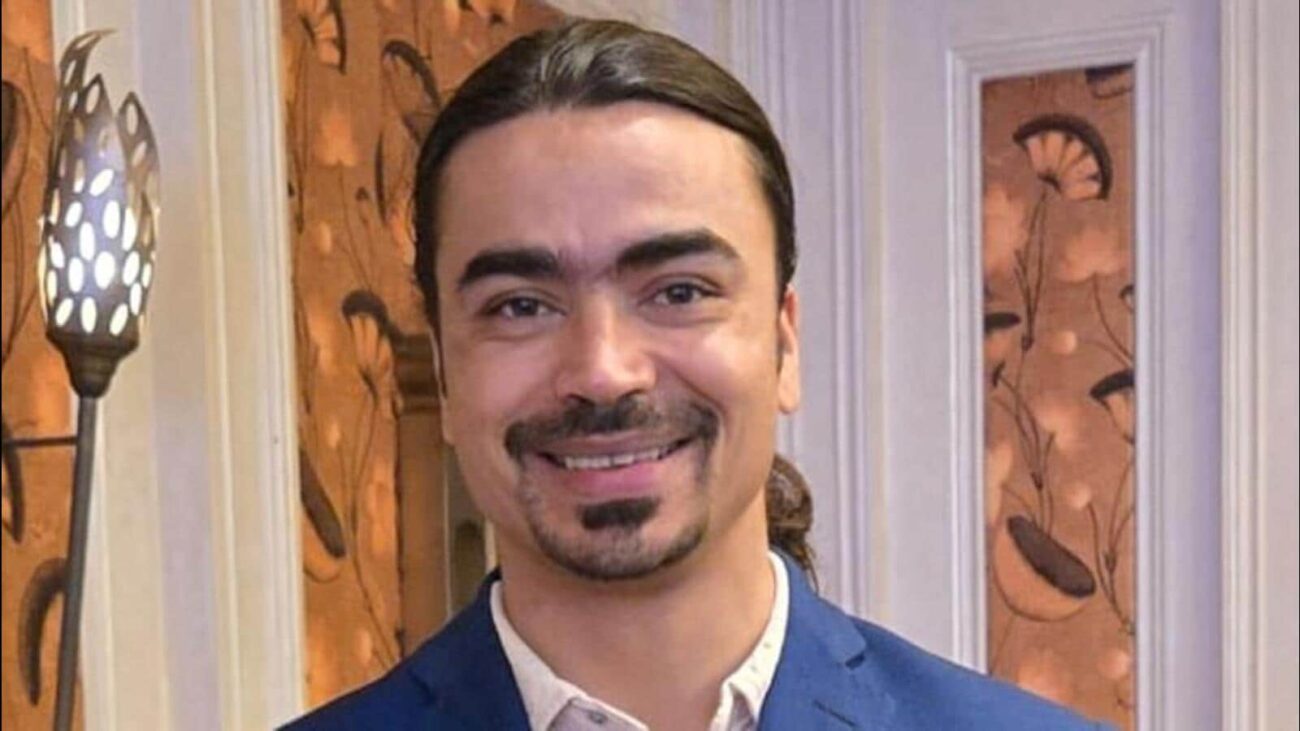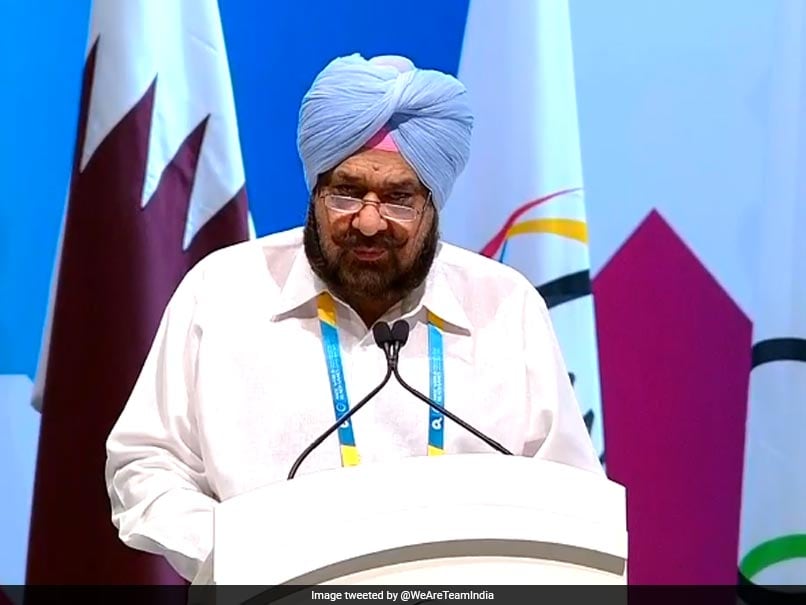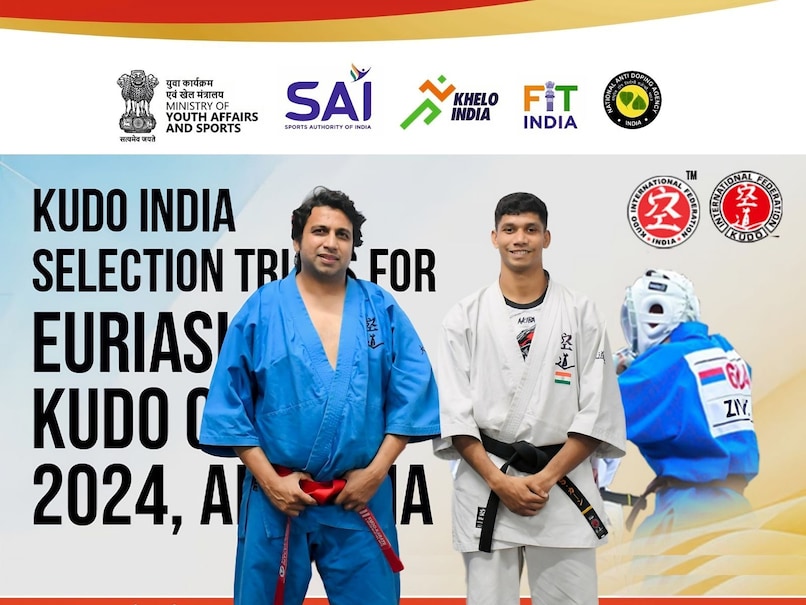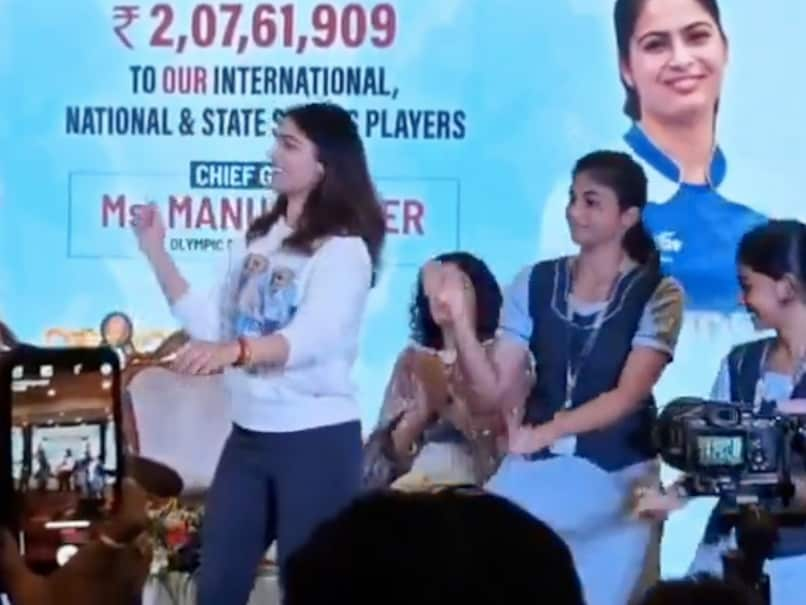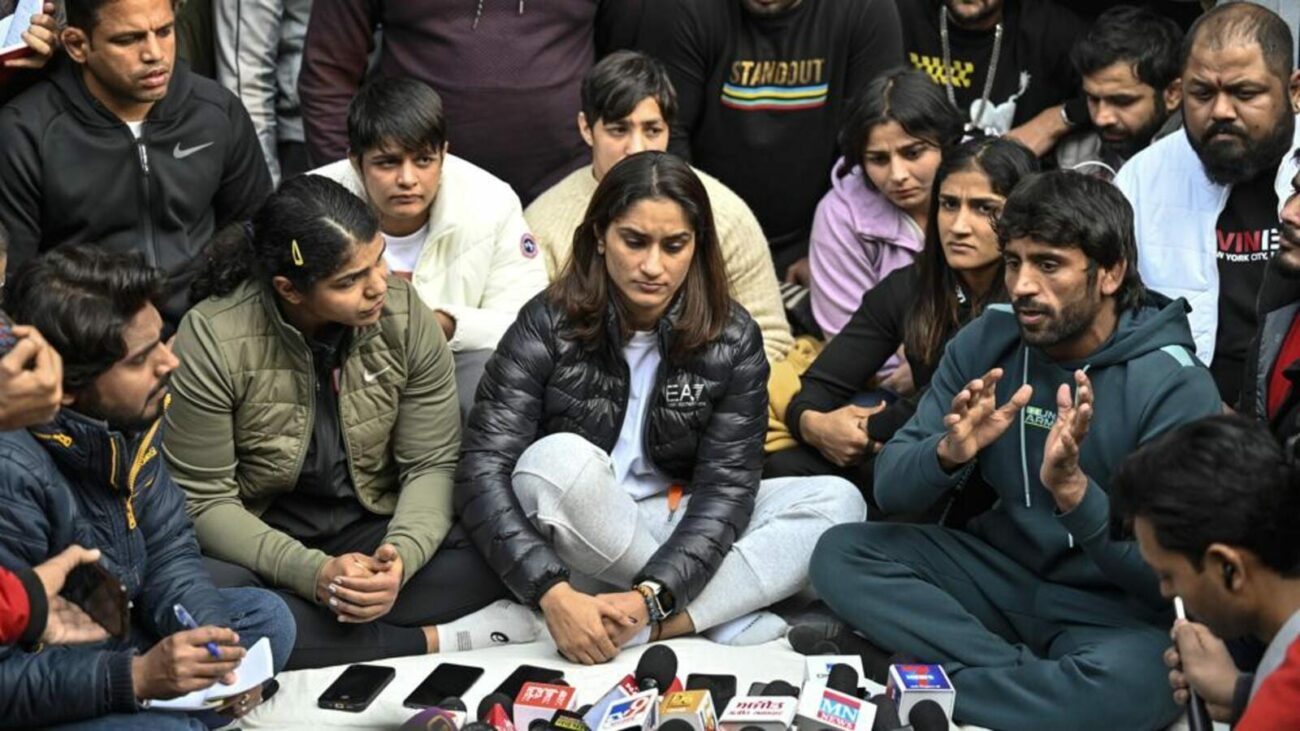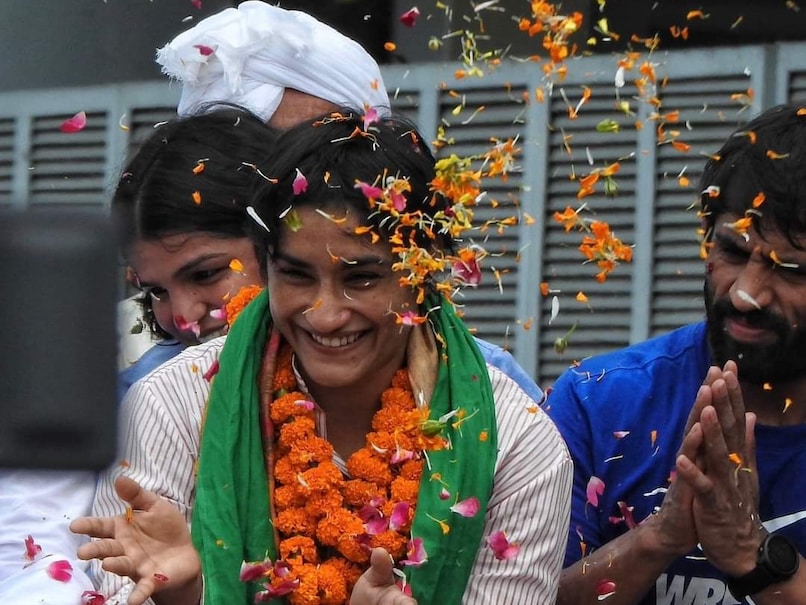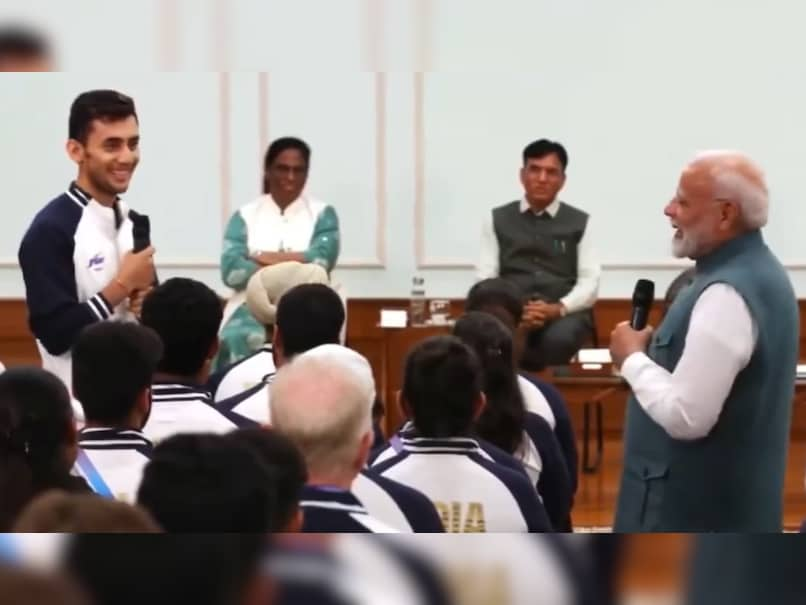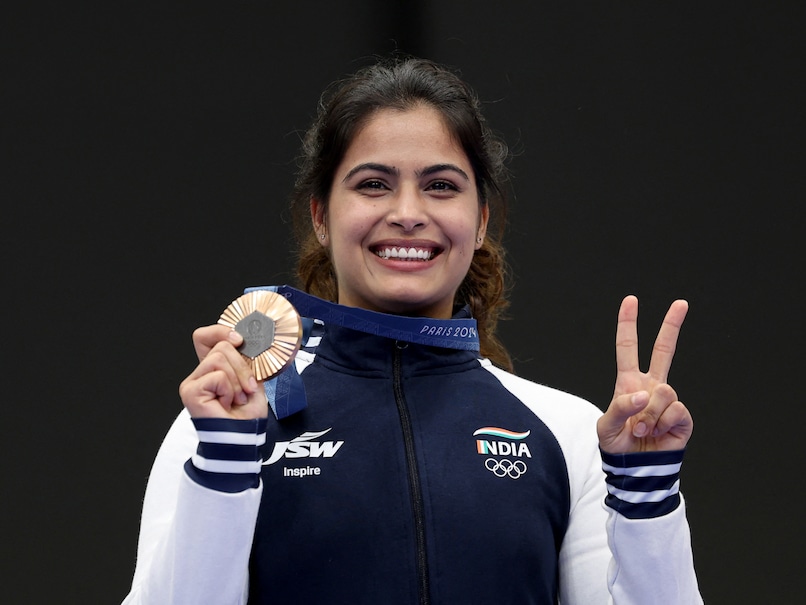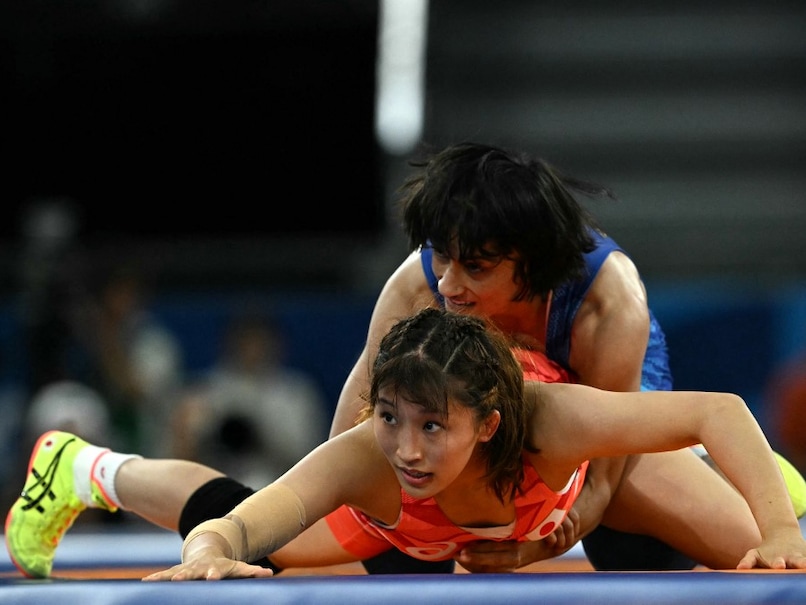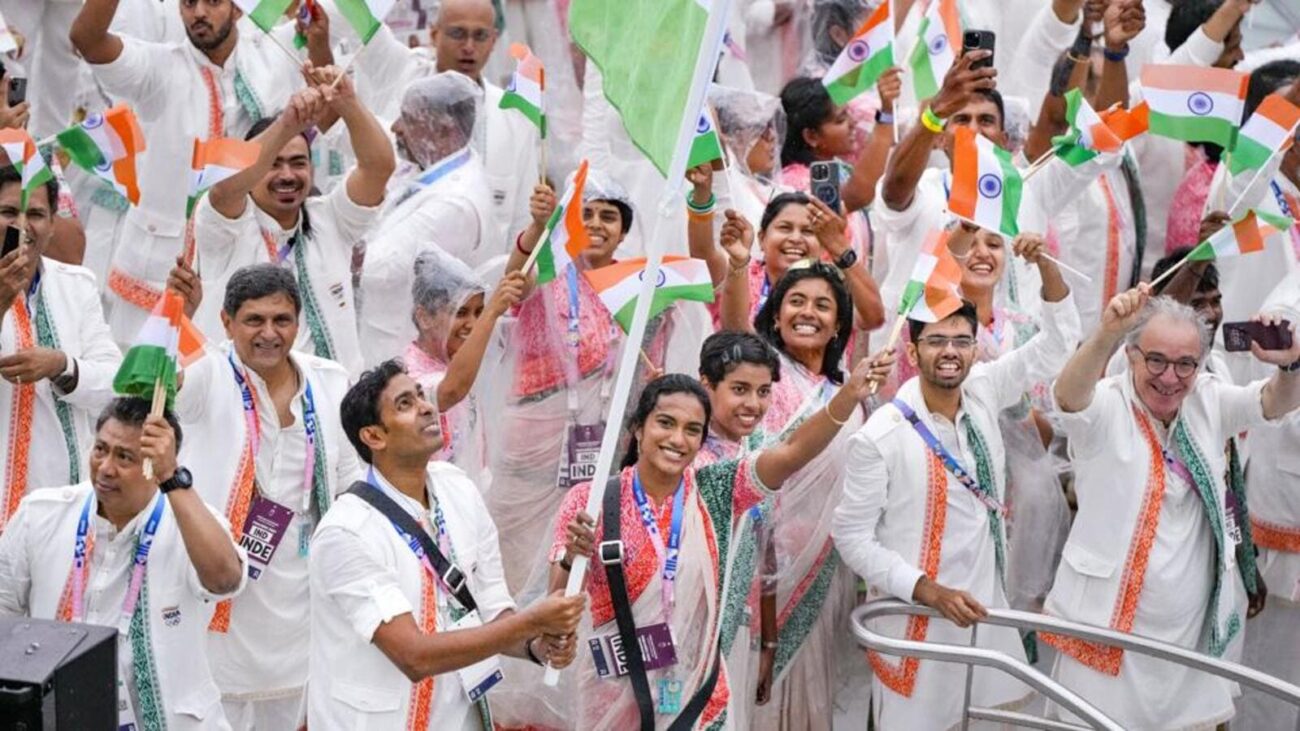Indian Winter Olympian Shiva Keshavan Elected Vice-Chair of OCA Athletes Committee
India’s Shiva Keshavan Elected Vice-Chair of Olympic Council of Asia Athletes Committee
New Delhi: India’s legendary winter Olympian Shiva Keshavan has been elected as the Vice-Chair of the Athletes Committee of the Olympic Council of Asia (OCA). This marks a significant milestone for Indian sports, as Keshavan becomes the first Indian to hold such a prestigious position within the OCA.
The OCA Athletes Committee, established for the first time at the Hangzhou Asian Games in 2022, plays a crucial role in representing the interests of athletes across Asia. The committee consists of a Chair and a minimum of five members, with a term of four years. Chinese table tennis legend Ding Ning serves as the Chair of the committee.
Keshavan’s election to the Vice-Chair position is a testament to his unwavering commitment to athlete welfare and his dedication to promoting the Olympic values. As a five-time Olympian, Keshavan has represented India with distinction in the Winter Olympics, competing in the luge event.
“I am deeply honored to join the OCA Athletes Commission as Vice-Chair,” said Keshavan. “I look forward to collaborating with our esteemed commission members to create a supportive environment where athletes can thrive and reach their full potential through sport.”
Keshavan’s appointment to the OCA Athletes Committee is a reflection of India’s growing stature in the global sporting arena. Under the visionary leadership of Randhir Singh, who was recently elected unopposed as President of the OCA for a four-year term, India is poised to play a significant role in shaping the future of sports in Asia.
“Asia is experiencing rapid growth and development,” said Keshavan. “The future of sport indeed lies in Asia. I believe India, under the visionary leadership of Randhir Singh ji, is poised to play a significant role in shaping this future.”
Keshavan’s election to the OCA Athletes Committee is a proud moment for India and a testament to his unwavering commitment to athlete empowerment and the promotion of sportsmanship.

